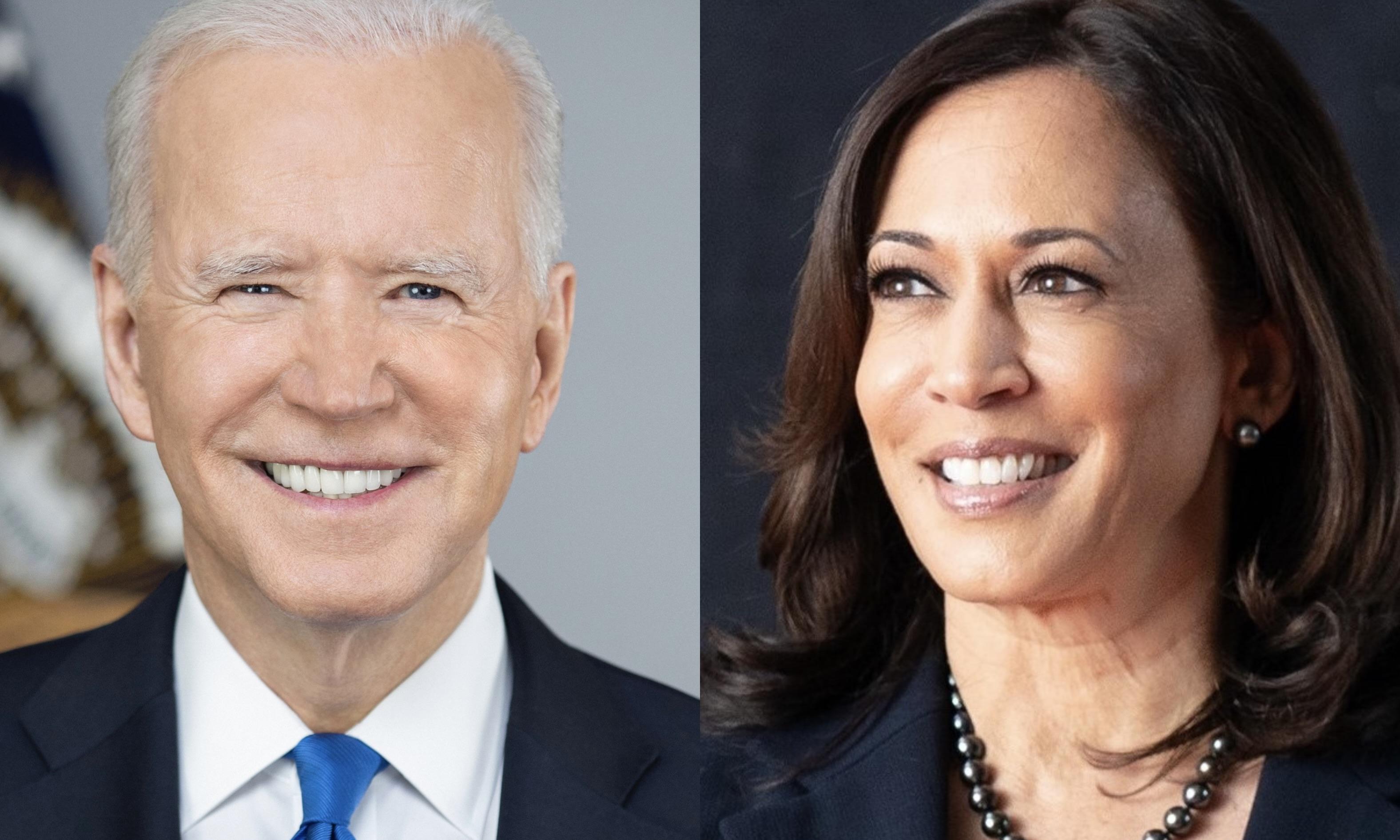A new TIPP poll reveals that the majority of Americans are pushing back against calls for President Joe Biden to resign, signaling widespread hesitation about Vice President Kamala Harris ascending to the presidency. This emerging divide showcases sharp differences across party lines as Americans evaluate leadership amid growing political and economic uncertainties.
The poll highlights that, despite mounting criticism of Biden’s handling of key issues like inflation and border security, most Americans oppose the idea of his resignation. The findings also show hesitance regarding Harris becoming the country’s first female president, raising concerns about her ability to handle the complex political landscape.
Resignation Resistance
According to the TIPP survey, a significant portion of the American population still supports Biden finishing his term. The results suggest that while many remain frustrated with the administration’s performance, they are unwilling to endorse a sudden change in leadership that could deepen political instability.
The divide is heavily influenced by partisan dynamics. Democrats largely stand behind Biden, arguing that continuity is critical as the administration navigates global challenges, including conflicts abroad and economic recovery. Conversely, Republican respondents showed stronger support for Biden’s resignation but expressed equal skepticism about Harris taking the helm.
Kamala Harris’ Leadership Questioned
The poll also revealed mixed perceptions of Vice President Kamala Harris’ readiness for the top job. Critics point to her perceived lack of experience in handling high-pressure situations, particularly during a time of significant geopolitical tension and domestic crises. Proponents, however, argue that Harris represents a chance to shatter the glass ceiling, marking a historic moment for women in U.S. leadership.
This sentiment aligns with broader polling trends that indicate Harris continues to face challenges in garnering nationwide approval. Analysts suggest that her lower favorability ratings may stem from controversial policy stances and limited visibility in key national debates.
Polarization Deepens Amid Economic Struggles
The poll underscores how economic concerns are fueling dissatisfaction with the current administration. Issues like surging inflation, housing costs, and concerns over national security have left many Americans feeling uncertain about the future. For some, this uncertainty has translated into calls for new leadership, while others stress the risks of a transition amid ongoing crises.
Partisan rifts have only deepened, with Democrats blaming Republican obstructionism for gridlock in Washington and Republicans pointing to Biden’s policies as the root cause of economic and political turmoil.
What Lies Ahead?
The TIPP poll captures a country divided not only by politics but also by fears about the direction of leadership. As the Biden administration grapples with mounting challenges, public opinion appears split on whether stability or change is the best path forward.
While resignation calls are unlikely to gain traction, the debate highlights underlying tensions in the American electorate. With 2024 on the horizon, both parties face the task of addressing these concerns to appeal to a divided voter base.



 Trump Floats “Friendly Takeover” of Cuba as Rubio Reportedly Engages in Talks
Trump Floats “Friendly Takeover” of Cuba as Rubio Reportedly Engages in Talks  Trump Says U.S. Combat Operations in Iran Will Continue Until Objectives Are Met
Trump Says U.S. Combat Operations in Iran Will Continue Until Objectives Are Met  Trump to Address Nation as U.S. Launches Strikes in Iran, Axios Reports
Trump to Address Nation as U.S. Launches Strikes in Iran, Axios Reports  Trump Warns Iran as Gulf Conflict Disrupts Oil Markets and Global Trade
Trump Warns Iran as Gulf Conflict Disrupts Oil Markets and Global Trade  Zelenskiy Urges Change in Iran After U.S. and Israeli Strikes, Cites Drone Support for Russia
Zelenskiy Urges Change in Iran After U.S. and Israeli Strikes, Cites Drone Support for Russia  UK Accepts U.S. Request to Use British Bases for Defensive Strikes on Iranian Missiles
UK Accepts U.S. Request to Use British Bases for Defensive Strikes on Iranian Missiles  HHS Adds New Members to Vaccine Advisory Panel Amid Legal and Market Uncertainty
HHS Adds New Members to Vaccine Advisory Panel Amid Legal and Market Uncertainty  Trump Says U.S. Attacks on Iran Will Continue, Warns of More American Casualties
Trump Says U.S. Attacks on Iran Will Continue, Warns of More American Casualties  Russia Signals Openness to U.S. Security Guarantees for Ukraine at Geneva Peace Talks
Russia Signals Openness to U.S. Security Guarantees for Ukraine at Geneva Peace Talks  Trump Announces U.S. Strikes on Iran Navy as Conflict Escalates
Trump Announces U.S. Strikes on Iran Navy as Conflict Escalates  Israel Declares State of Emergency as Iran Launches Missile Attacks
Israel Declares State of Emergency as Iran Launches Missile Attacks  Iran Supreme Leader Ayatollah Ali Khamenei Killed in Israeli, U.S. Strikes: Reuters
Iran Supreme Leader Ayatollah Ali Khamenei Killed in Israeli, U.S. Strikes: Reuters  U.S.-Israel Strike on Iran Escalates Middle East Conflict, Trump Claims Khamenei Killed
U.S.-Israel Strike on Iran Escalates Middle East Conflict, Trump Claims Khamenei Killed  Argentina Senate Approves Bill to Lower Age of Criminal Responsibility to 14
Argentina Senate Approves Bill to Lower Age of Criminal Responsibility to 14  Netanyahu Suggests Iran’s Supreme Leader Khamenei May Have Been Killed in Israeli-U.S. Strikes
Netanyahu Suggests Iran’s Supreme Leader Khamenei May Have Been Killed in Israeli-U.S. Strikes  Pakistan-Afghanistan Tensions Escalate as Taliban Offer Talks After Airstrikes
Pakistan-Afghanistan Tensions Escalate as Taliban Offer Talks After Airstrikes  Australia Rules Out Military Involvement in Iran Conflict as Middle East Tensions Escalate
Australia Rules Out Military Involvement in Iran Conflict as Middle East Tensions Escalate 































